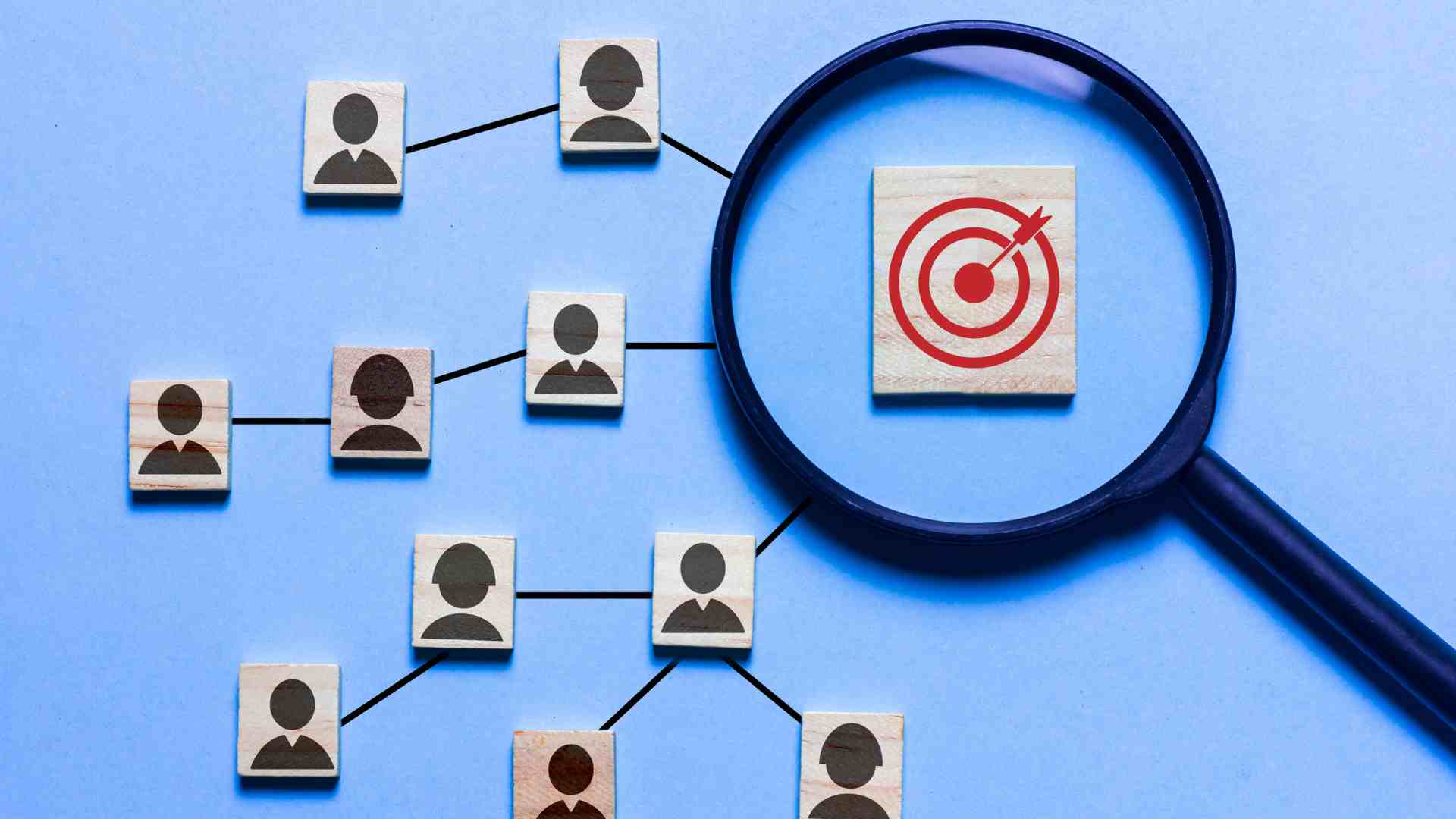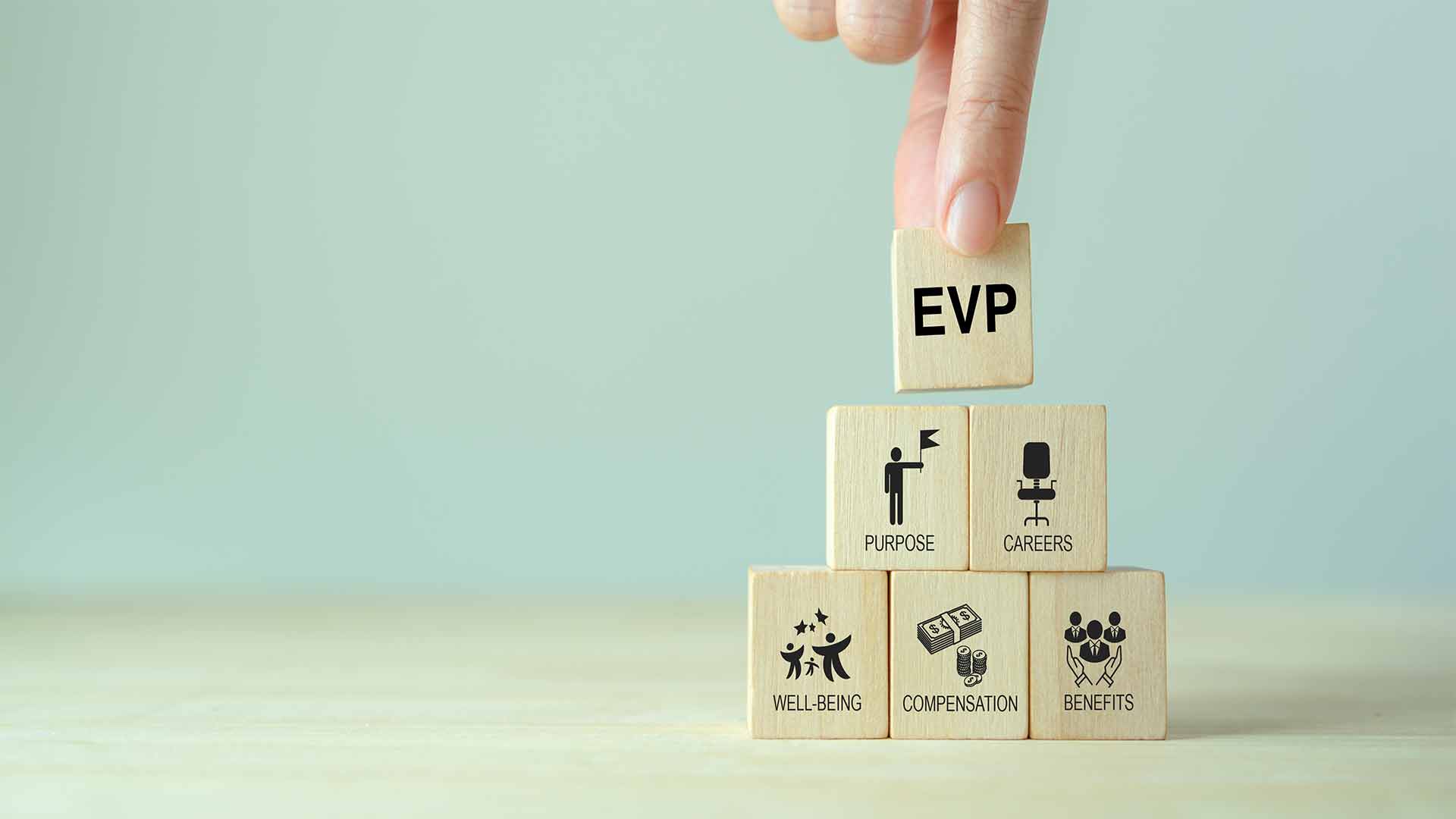Learning Everest regularly publishes articles on Learning Culture which are information rich and provides the readers opportunity to ask questions. If you want us to assist your organization to develop learning culture and to help create a learning glidepath for your organization, please feel to schedule a meeting to discuss your learning requirements.
Remote Training Software: Need, Essentials and Popular Tools
Remote Training Software has become the preferred solution for organizations striving to address the rising demand for Learning and Development in the post-pandemic era. With the surge of remote work and flexibility in learning, the role of remote training is paramount. This blog offers significant insights on remote training, the need for remote training software, essential features, and popular remote training software.











